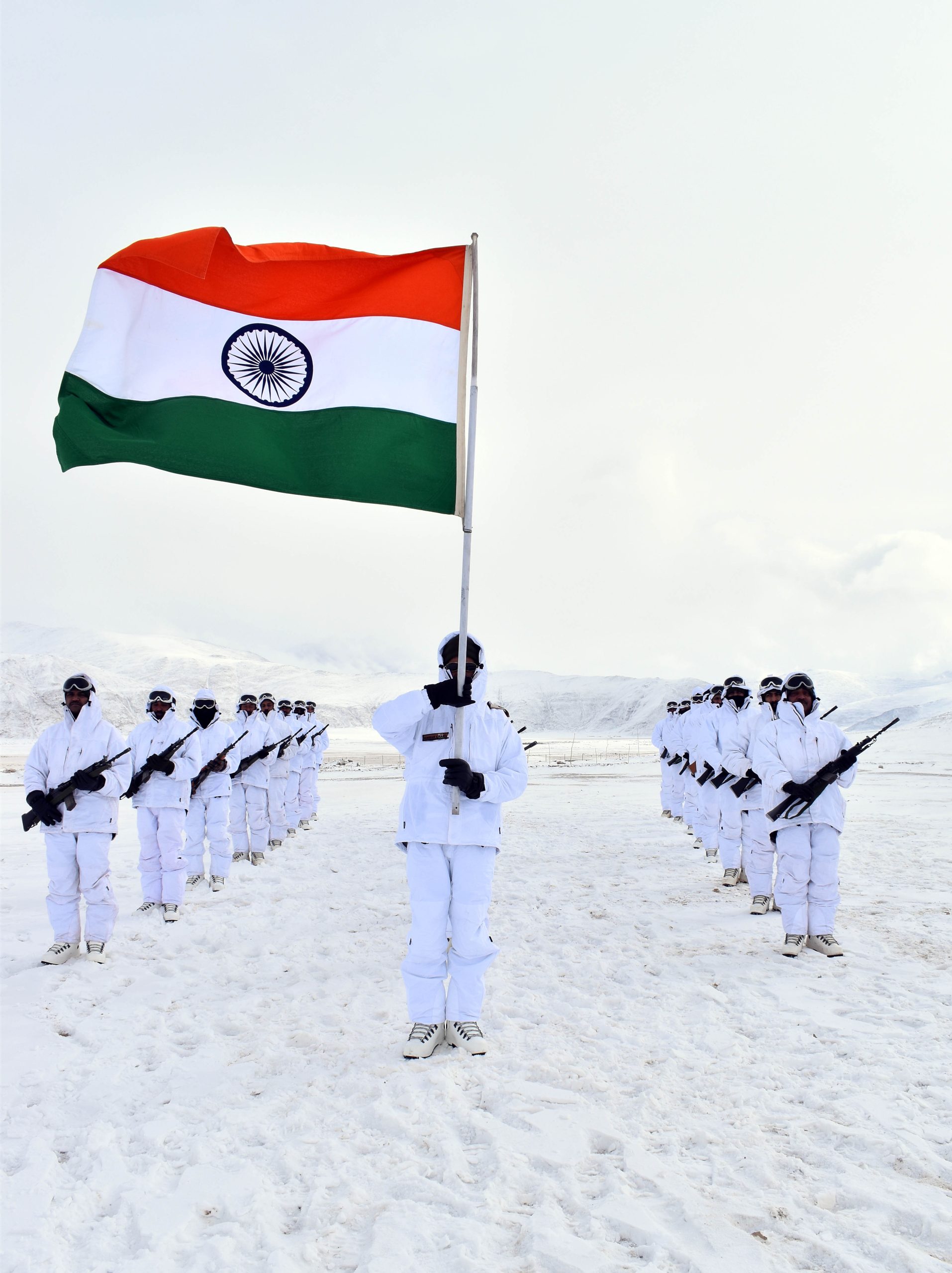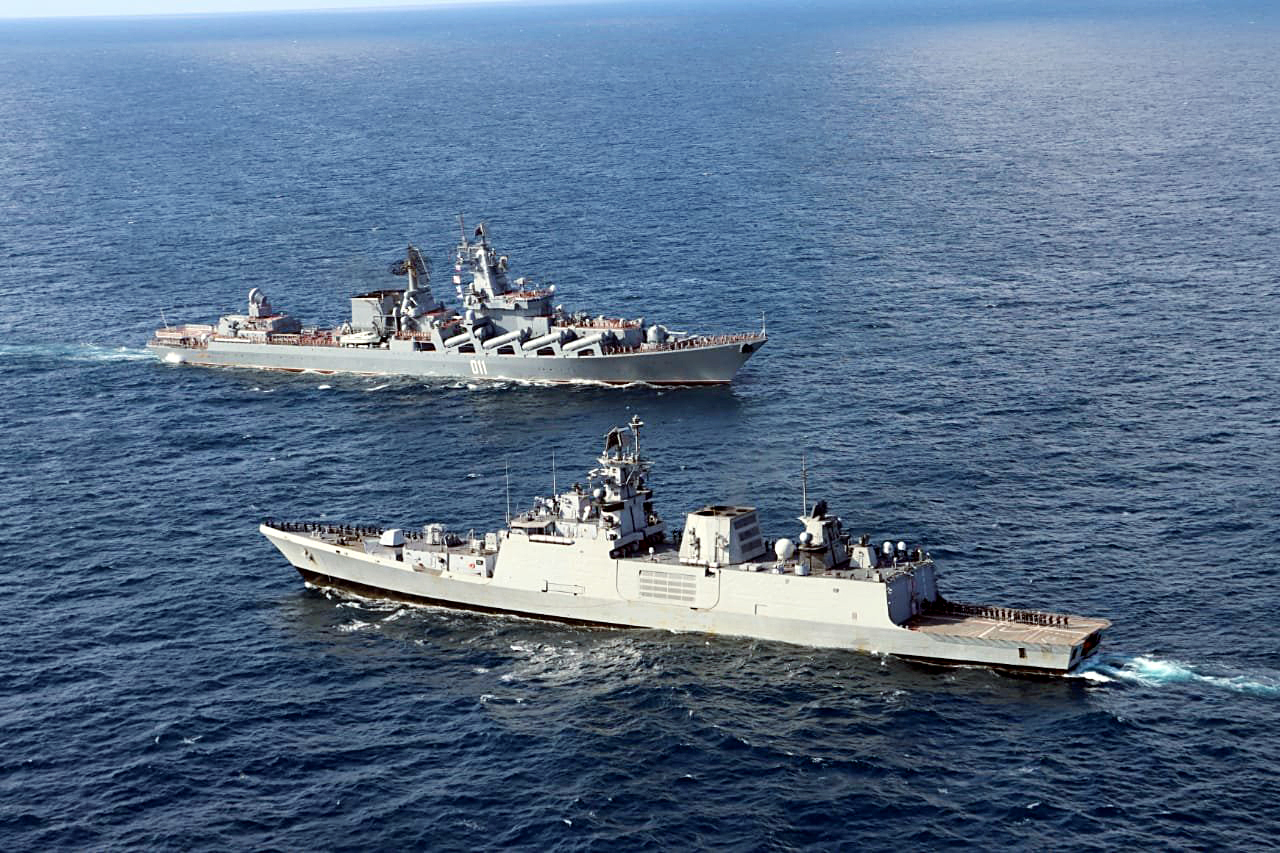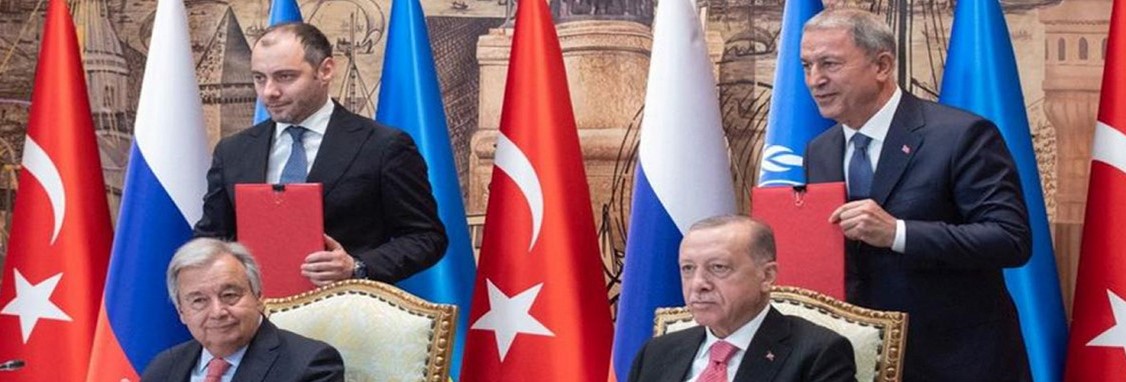Views and opinions from the top commentators in Indian media
The Third Regional Security Dialogue on Afghanistan hosted by India yesterday was a bold attempt on New Delhi’s part to bring regional countries on the same page. The conference saw participation of all five central Asian republics, Iran and Russia. The Delhi Declaration strongly objected to the use of Afghan soil for planning, financing and carrying out terrorist activities. It also called for collective cooperation against the menace of radicalization, extremism, separatism and drug trafficking in the region. In other words, the conference was meant to find ways for the participating countries to coordinate and counter terrorist threats from Taliban’s Afghanistan.
True, Pakistan and China did not attend the New Delhi conference. But this was along expected lines. If anything, their non-participation was yet another proof that the China-Pakistan axis will continue to undermine Indian interests. Besides, China and Pakistan’s perception of the security threat from Taliban’s Afghanistan is very different from that of India’s or Iran’s. While Beijing and Islamabad are betting on Taliban leadership to stabilize their borders with Afghanistan, they may have little concern about Taliban’s lack of inclusivity or their exporting terror to other countries.
— Editorial, The Times of India
The ground reality
Shaping the agenda in Afghanistan demands presence on the ground, or at least leverage with some, if not all, actors in that country. India could boast of this before the Taliban takeover on August 15. Had Delhi been able to host this gathering of regional powers, big and small, even as late as last year, when its massive development assistance to Afghanistan gave it a game on the ground and friends in the erstwhile political establishment and civil society there, it would have helped draw attention to the security concerns over the situation as it was developing then, even if it could not have changed the direction in which it was going. India does not have this leverage anymore. It has even stopped taking refugees, which could have been one way of retaining some clout in Kabul, and on the international stage.
What is noteworthy is that eight countries in the region, including two heavyweights, Russia and Iran, will be at the table. Most of them also attended a foreign ministers’ meeting on Afghanistan in Pakistan, and another in Iran, to neither of which India was invited. Their attendance shows that even if Delhi’s role in Afghanistan is limited, each of these countries takes its bilateral relationship with India seriously, and that includes Russia.
— Editorial, The Indian Express
The Pakistan issue
For India and Pakistan to seek two distinct paths forward for Afghanistan is not surprising. But is India’s approach proving effective? The eight national security advisors who met in New Delhi stressed on the evils of cross-border terrorism, the need for the Taliban to work towards an inclusive government, and the importance of delivering aid to Afghanistan in a timely manner. Islamabad is blocking Indian efforts to send aid to Afghanistan over land. Yet, without any new measures to actually put pressure on the Taliban and Pakistan to change their ways, the joint statement issued in New Delhi sounds more like wishful thinking than a plan of action. In fact, Russia, Iran, Uzbekistan and Turkmenistan are all openly engaging with the Taliban on trade, transit and security. While India’s primary security concern in Afghanistan is that country’s use by Pakistan-sponsored terrorist groups, all the other nations represented in New Delhi have a different worry: the Islamic State group, which is also the Taliban’s enemy. Other contradictions are also hobbling India’s credibility and robbing it of goodwill.
— Editorial, The Telegraph
The Russian angle
The acceptance of Doval’s invitation by Russian Security Council Secretary Nikolai Patrushev, who is the right-hand man of President Vladimir Putin, is being touted as a big diplomatic victory for India.
Russia hardly needs India as an ally in Afghanistan. Moreover, it resents India’s growing proximity to the US. But Moscow still extends courtesies to New Delhi as India buys more arms from Russia than any other country. To retain its position as India’s biggest supplier of weapons to India, Moscow advocates peace between India and China – Russia’s anti-US ally. Moscow frequently exhorts New Delhi not to get misled by Washington and mend its fences with Beijing. Moscow is conscious of India’s belief that only Russia can shield it from China if the need arises. It exploits the Modi government’s insecurity to sell more and more weapons to India.
The real purpose of Patrushev’s visit is not to clear a path for India in Afghanistan – it is to push the sale of Russia’s brand-new S-500 missile defense system, which can intercept intercontinental ballistic missiles and hypersonic missiles.
— SNM Abdi, The Quint
Every week, we look at what the top commentators in the Indian media are talking about and bring to you a slice of their opinions and comments
—


























